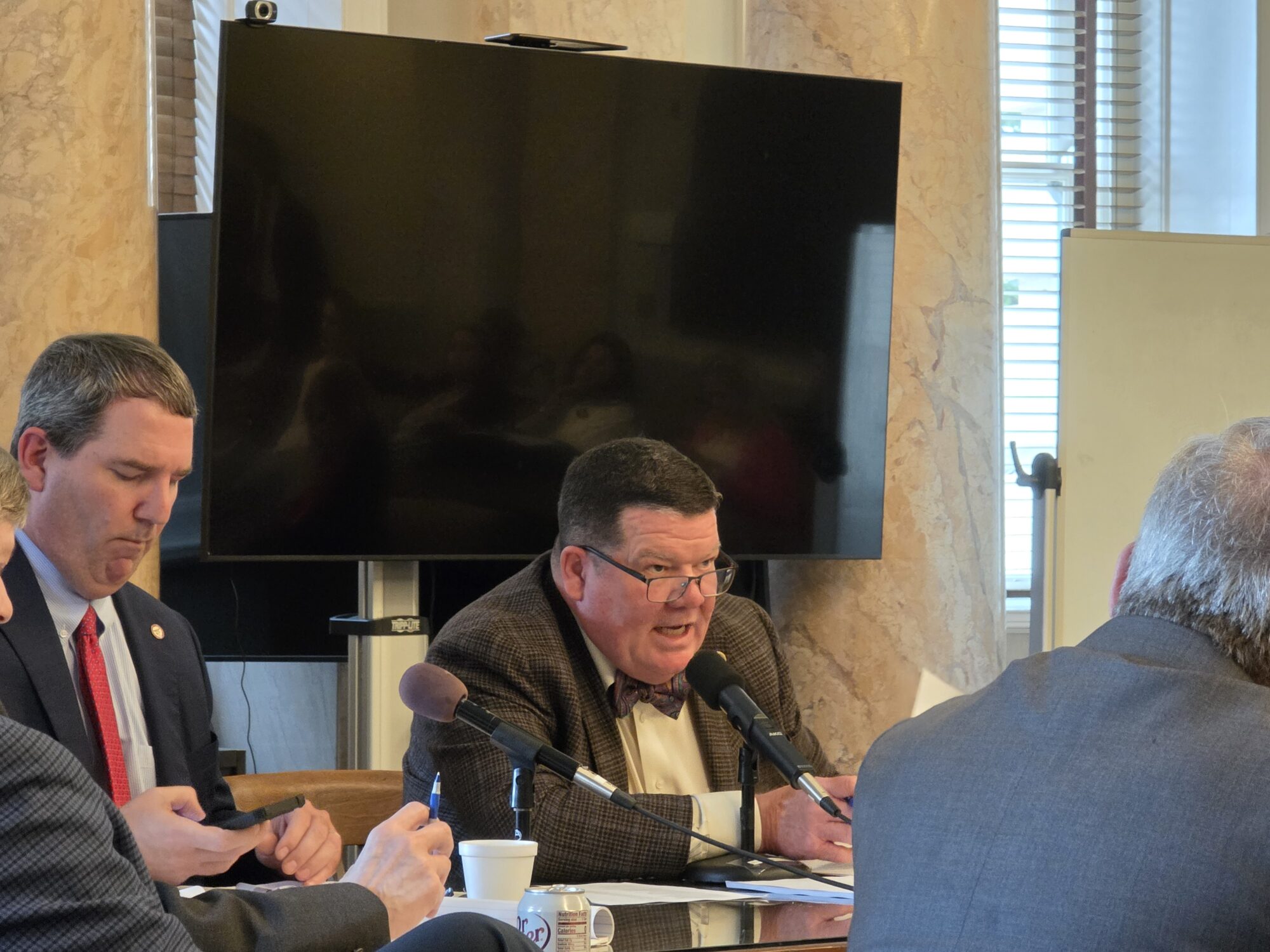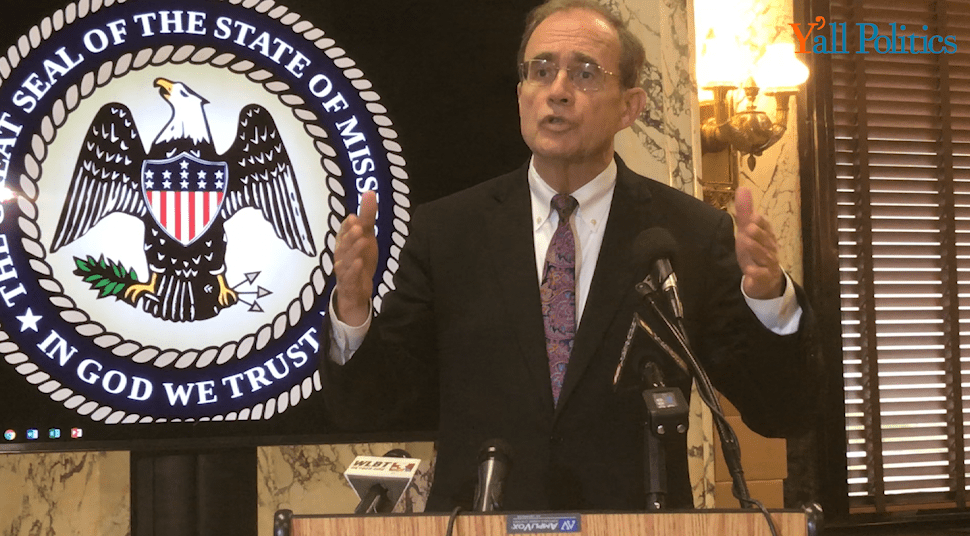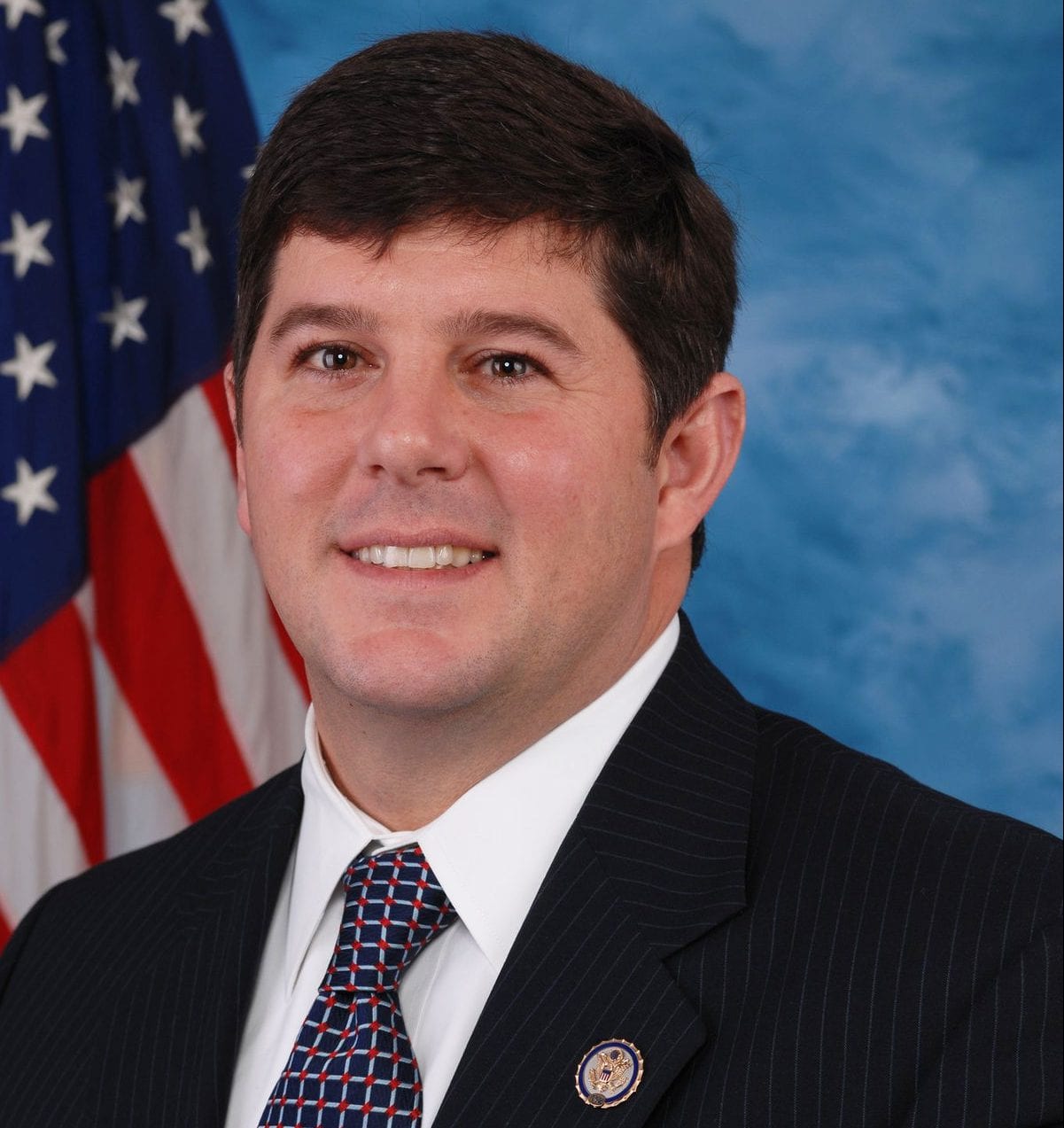
WLOX / WLBT – Bill being drafted would require computer science class in Mississippi schools
C Spire has invested millions in supporting computer science in schools around Mississippi. Their new ad campaign suggests more has to be done…
…The bill that would make computer science a requirement in Mississippi schools hasn’t been filed but is being drafted.
Gov. Reeves speaks in Jones County
Thanks @JonesCollege_ for inviting me to speak tonight to the Judge Charles Pickering lecture series! Growing up in a small town in MS like so many of you, I was honored to share the life lessons I’ve learned that have benefited my success with the next generation of MS leaders. pic.twitter.com/9lYwiw8xDg
— Tate Reeves (@tatereeves) February 4, 2020
DAILY LEADER – Chairman: Prisons should not be warehouses

Democratic Sen. Juan Barnett of Heidelberg said in an interview Thursday that prisons need to be more than warehouses. He also said Mississippi needs to do a better job of rehabilitating inmates so they will be ready to work and earn their own living after they are released.
“My focus is to make sure that what we do today is not just good for today, but for decades to come,” said Barnett, a former mayor who is in his second term in the Senate.
WJTV – State senator gives perspective on Bernie Ebbers’ passing
MERIDIAN STAR – Secretary of State meets with Lauderdale County election officials

Mississippi Secretary of State Michael Watson made a stop in Lauderdale County Monday, part of a statewide tour to meet with election officials.
Watson, a former state senator who was elected in November, plans to visit every county.
He spent time with Circuit Clerk Donna Jill Johnson and Election Commissioners Awana Simmons, Gloria Dancy and Chuck Overby.
“We want to make sure that we got good, clean, fair elections that are secure, and so having that dialogue and that line of discussion with them is important and so they know how to get in touch with us when they need it,” Watson said. “It’s really a relationship-building…listening tour.”
Wicker’s JROTC Act provides new opportunities
The experience of serving in JROTC programs can have real benefits. I have been working to expand the availability of these programs to give more members of this generation the opportunity to learn, mature, and succeed. #WickerReport https://t.co/QUbK61mYNv
— Senator Roger Wicker (@SenatorWicker) February 3, 2020
CLARION LEDGER – Jennifer Riley Collins named Hinds County administrator

Former ACLU of Mississippi Executive Director Jennifer Riley Collins was named Hinds County’s new administrator on Monday.
Collins ran unsuccessfully for state attorney general last year, the first African American Democratic nominee for the office. She was defeated by Republican Lynn Fitch in the November general election.
Collins replaces former Hinds County Administrator Carmen Davis, who the new Board of Supervisors, with three new members, voted not to retain at its first meeting in January..
The board voted unanimously to hire Collins at a salary of $120,000 a year. Her position is effective Tuesday.
NEWSMS – PSC warns of new Facebook car sale scam
The scammers are creating Facebook pages and posing as real local businesses, often showing some of the same inventory as being available from them. The scammer collects a sum of money, usually a down payment, and leaves the buyer to collect an automobile from the legitimate business. The legitimate business, in turn, has received no money from the buyer and is unaware of the scam until the buyer shows up to collect the automobile they believe they purchased legitimately.
MBJ – BILL CRAWFORD — Despite cash infusion PERS’ ship keeps sinking
 Here we go again at PERS, the state employee retirement system.
Here we go again at PERS, the state employee retirement system.
Despite last year’s promise to legislators that a boost in employer contributions would right the ship, the ship sank again in FY 2019. The latest Actuarial Valuation Report (delayed until after the election) showed PERS’ unfunded pension liability jumped up $1 billion, from $16.9 billion to $18 billion.
The funded ratio also dropped from 61.8% to 60.9%. The extra $100 million annually from increased employer contributions was supposed to reduce the shortfall and move the funded ratio upward, hitting 100% in 30 years.











